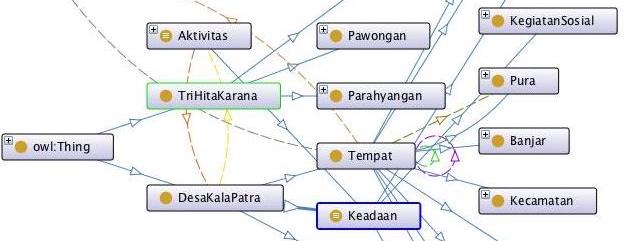Digital Humanities and Cultural Heritage
30/06/2020 Views : 452
COKORDA RAI ADI PRAMARTHA
The loss of cultural knowledge is not just a process that has occurred in the past; it is still happening today when access to traditional resources and traditional ways of life are limited and restricted for the younger generation. Traditional cultural knowledge is the knowledge that has accumulated from the contributions and historical experiences of many generations. It is clear that understanding the traditions of the past in the right context, with their depth, their complexity, their wealth and their diversity, is to affirm cultural identity in the present. The goal of digital humanities and cultural heritage is to gather, refine, maintain and share cultural resources that can subsequently be used and refined by scholars and members of the community. Digitisation is used for creating new access paths to cultural information, where current and future generations can learn from, understand and develop cultural resources using digital technology such as the Internet and mobile technology. The Balinese culture is primarily maintained through daily practices and religious rituals that preserve the continuity of the traditions. Much of the Balinese traditional cultural knowledge is communicated orally, with little written documentation. Because of the dominance of this mode of knowledge transfer, the knowledge is mainly possessed by a small group of people in the community. These cultural traditions and practices are passed on from one generation to another by letting the next generation learn through experiencing every single process of the Balinese traditions. This kind of learning process was quite straightforward in the past because everyone in the community shared collective knowledge, understanding, and experience. Today, continuing the traditional mode of cultural knowledge transfer through socialisation may not be as practical and applicable as before. By the broad adoption of digital technology among the younger Balinese generations, they tend to learn many things through modern technology, such as mobile technology and the World Wide Web. This digital technology can be an alternative access path for the younger and future generations to learn and understand their heritage. To deal with the above challenge some projects relate to preserving and documenting the Balinese cultural heritage has been going on such as: All of those projects required the contribution and participation of the public to help expand the cultural knowledge, specifically the Balinese cultural heritage knowledge. 

